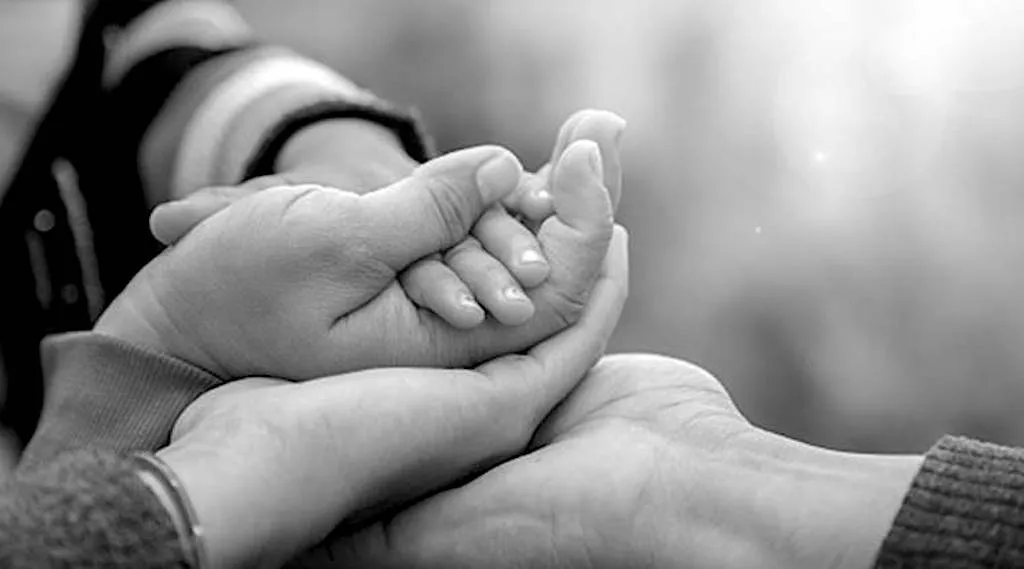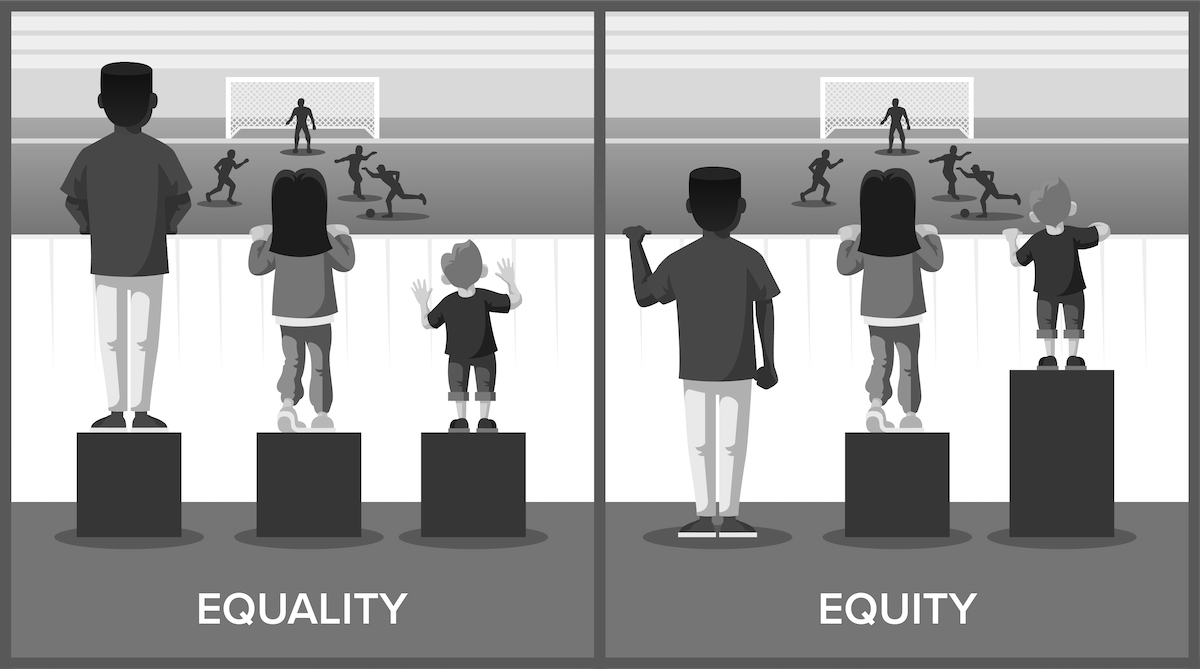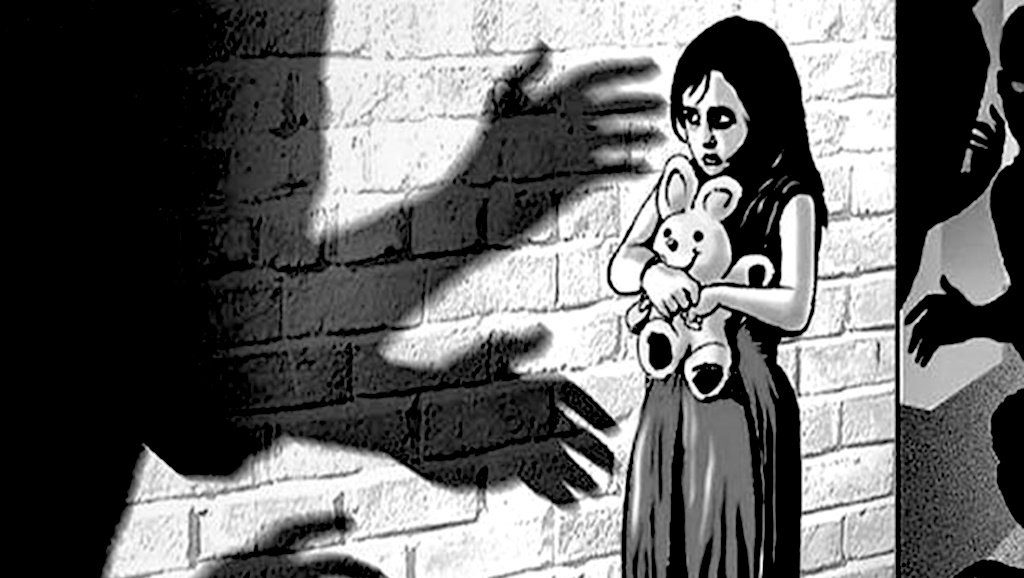Adoption Laws in India for Hindus - Laws Around Us
23 Sep, 2022

Adoption is one way of controlling and preventing the raging problem of female feticides and crimes against women in India. And what better way of giving a nice so normal life to a kid who really needs it. Over the past few years, agencies and adoptive parents in India’s adoption system have noted an increasing preference for the girl child over boys.
In India, an Indian citizen or a non-resident Indian (NRI) can adopt a child under the Hindu Adoption and Maintenance Act of 1956 and the Guardian and Wards Act of 1890.
WHAT IS THE PROCEDURE FOR A VALID ADOPTION?
Under the Hindu Adoption and Maintenance Act, the party that is willing to adopt will apply to the Child Welfare Agency in 1956. Registration can be done either by an Adoption Coordinating Agency (ACA) located in the capital city of each state, or by a Central Adoption Resource Authority (CARA) accredited agency in New Delhi.
After that, the agency performs a preliminary interview with the adopting couple to understand their purpose behind adoption and motivation. Once the party decides the child they are going to adopt, they send the petition to the court of appropriate jurisdiction, where there is a court hearing on adoption (the court is required to hand down the adoption case within 2 months). Once the decision is issued by the Court, approval is finalised.
WHAT IS CARA?
Central Adoption Resource Authority (CARA) is an autonomous and statutory body of the Ministry of women & Child Development in India. It functions as the nodal body for the adoption of Indian children and is mandated to monitor and regulate in-country and inter-country adoptions. CARA is designated as the Central Authority to deal with inter-country adoptions in accordance with the provisions of the 1993 Hague Convention on Inter-country adoptions, ratified by the government of India in 2003. CARA primarily deals with the adoption of orphaned, abandoned and surrendered children through its associated and recognized adoption agencies. In 2018, CARA has allowed individuals in a live-in relationship to adopt children from and within India.
VITAL INFORMATION ABOUT ADOPTION
- In India, a child has to be free of legal custody before being adopted. In case of any abandoned child, the District Child Protection Unit has to circulate the details and a photograph of that child in a state-level newspaper
- No abandoned child can be adopted without the police clearance of non-traceability of the child’s original parents.
- The minimum age difference between the child and either of the prospective adoptive parents shall not be less than 25 years.
- A single female can adopt a child of any gender.
- A single male shall not be eligible to adopt a girl child.
- In case of couple, the composite age of the prospective adoptive parents shall be counted.
ELIGIBILITY CRITERIA FOR PARENTS KEEN TO ADOPT:
- The prospective adoptive parents shall be physically, mentally and emotionally stable, financially capable and shall not have any life-threatening medical condition.
- Any prospective adoptive parent, irrespective of their marital status and whether or not he/she has biological son or daughter, can adopt a child and consent of both the couple for the adoption shall be required, in case of a married couple.
- No child shall be given in adoption to a couple unless they have at least two years of stable marital relationship.
- The age of prospective adoptive parents, as on the date of registration, shall be counted for deciding the eligibility and the eligibility of prospective adoptive parents to apply for children of different age groups shall be as under:
(i) for adoption of a child up to 4 years, the maximum age of single adoptive parent should be 45 years, maximum composite age of both adoptive parents should be 90 years.
(ii) for adoption of a child above 4 years to 8 years, the maximum age of single adoptive parent should be 50 years, maximum composite age of both adoptive parents should be 100 years.
(iii) for adoption of a child above 8 years to 18 years, the maximum age of single adoptive parent should be 55 years, maximum composite age of both adoptive parents should be 110 years. - The age criteria for prospective adoptive parents shall not be applicable in case of relative adoptions and adoption by step-parent.
- Couples with 3 or more children shall not be considered for adoption except in case of special need children as defined in sub-regulation (21) of regulation 2, hard to place children as Prospective parents going for adoption are now not allowed to “pick and choose” and can only accept or reject the child offered by the national adoption body.
Adoption is a noble deed and its high time people start considering to adopt a child which might be the best gift that unwanted child might receive. Give meaning to the lives of thousands of orphaned & abandoned children is compassionate thing to do. Say yes to adoption!
Latest Post

26 Sep, 2019

26 Sep, 2019

26 Sep, 2019

23 Sep, 2022

23 Sep, 2022

23 Sep, 2022